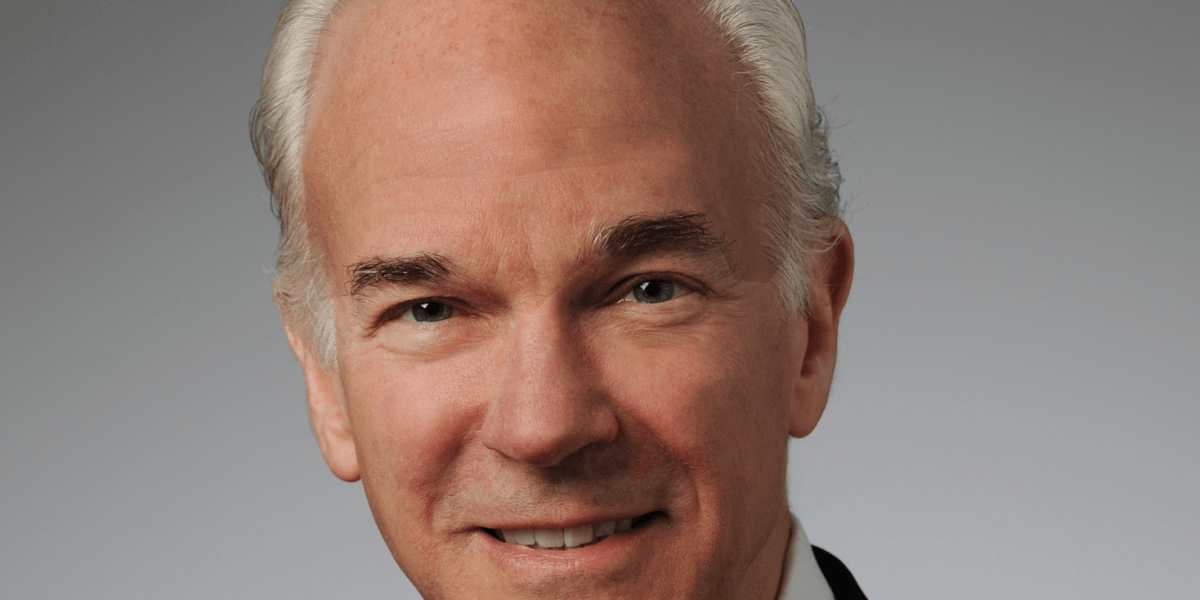
""The role of donors is evolving - and so are the ways they think about and practice their giving. Today's giving, especially by affluent donors, often goes beyond one-off, occasional gifts, as valuable as those are. It's also about creating lasting impact at a time when nonprofits need both seasonal generosity and meaningful, long-term commitment," said Amir Pasic, Eugene R. Tempel Dean of the Indiana University Lilly Family School of Philanthropy."
"The largest transfer of wealth in history - estimated at $84 trillion - is now underway, with most of that wealth passing to children and grandchildren. Yet only 13% of affluent donors involve younger family members in charitable decisions. That gap is a missed opportunity. Excluding heirs puts philanthropic efforts at risk of becoming an afterthought rather than a shared family value. Involving children and grandchildren early strengthens relationships, prevents conflict and ensures giving reflects shared priorities."
Philanthropy faces rising nonprofit costs, declining donor participation and shrinking federal support even as affluent donors give larger amounts and make multi-year commitments. Donor behavior is shifting from one-off gifts toward focused, lasting impact and strategic support. Affluent donors often concentrate resources on fewer organizations and seek meaningful, long-term outcomes. A historic $84 trillion wealth transfer is underway, yet most affluent donors do not involve younger family members in charitable decisions. Engaging heirs early can strengthen relationships, reduce conflict, embed shared values, and sustain philanthropic priorities across generations.
Read at Fortune
Unable to calculate read time
Collection
[
|
...
]